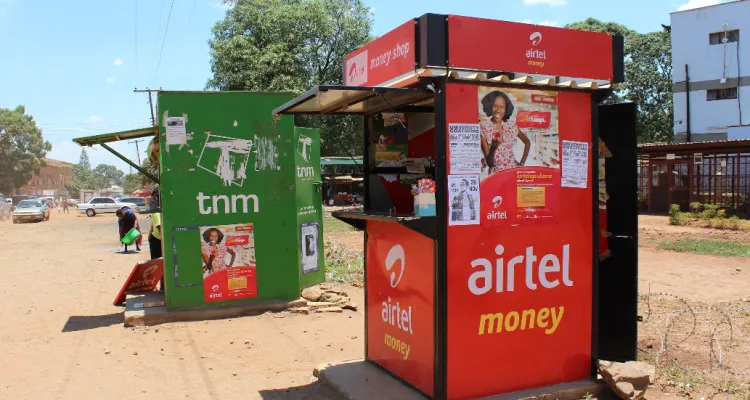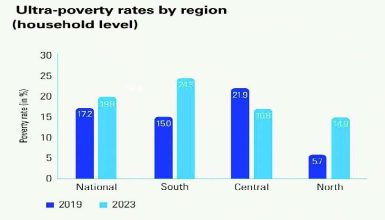Access to financial services rise—report
Malawi’s access to formal financial markets and services has risen in the last five years, sustained by non-traditional financial platforms, an International Monetary Fund (IMF) survey has revealed.
The IMF Financial Access Survey published on Wednesday shows that in Malawi, access to finance has changed, with traditional financial access points such as automated-teller machines (ATMs) and bank branches gradually declining while non-traditional access points such as retail agents and mobile money agents are growing rapidly.

Reads the report in part: “The continued growth in access points to digital financial services has naturally been accompanied by an increase in their usage, as measured by the number and volume of digital financial transactions.”
According to the data, between 2021 and 2022, the number of mobile money transactions per 1 000 adults increased by 28 percent and the value of mobile money transactions went up by 26 percent.
In an interview yesterday, Consumers Association of Malawi executive director John Kapito said consumer preferences have over time moved to non-bank mobile services due to their convenience.
He said: “Digital financial services remain the most convenient platforms for transactions, available even in remote areas, on mobile devices or with agents who are spread across the country.”
Meanwhile, a Reserve Bank of Malawi (RBM) National Payment System (NPS) report also shows that non-bank mobile money services has been on the rise with 10.9 million subscribers during the first quarter of this year.
According to the RBM, transactions have increased by 33 percent and their value has risen by 42.2 percent year on year, an indication that non-bank mobile services are the most popular payment method over cash and other paper-based payment instruments.
Presently, government, through the revised National Strategy for Financial Inclusion, is targeting over 75 percent of Malawians to access financial services from the current 46.1 percent of the adult population by 2027.
With the strategy, government believes that inclusive finance will be essential for meeting the objectives of its development strategies.
RBM Governor Wilson Banda is on record as having said the increase in access to financial services is expected to create economic opportunities and contribute to wealth creation and poverty reduction.






One Comment